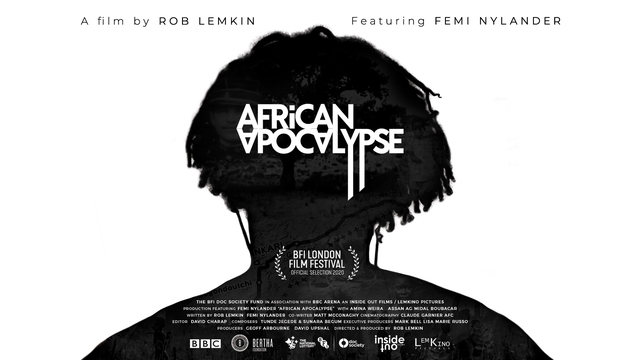The Producers

Rob Lemkin – Director
Rob Lemkin has produced and directed over 50 documentaries for BBC, C4 and other broadcasters in UK and US. His last feature film, ‘Enemies of the People’ (2010) was a ground-breaking account of the Killing Fields of Cambodia which he wrote, directed, photographed and produced. One of the most lauded documentary features of recent years it won around 30 international awards including Special Jury Prize at Sundance, Best Documentary BIFA and Emmy for Best Investigative Documentary. During his years at the BBC he made two major films investigating British colonialism: ‘Who Really Killed Aung San? (1997) and ‘Malaya: the Undeclared War’ (1998). In 1994 he made for ITV the first television investigation of the killing of Stephen Lawrence, ‘Getting Away with Murder’ (1994). For several years, he ran Channel 4 News’ Independent Investigations Unit which won 5 Royal Television Society Awards and a BAFTA.
Making The Film
Director's Statement
This film is a People’s History of Colonialism.
With the communities of southern Niger, we explore the lingering trauma of one of colonialism’s
most violent conquests – that of Niger by France in 1899. Today’s main highway across Niger follows the murderous trail of the French forces. In every town and village, people of all generations continue to feel closely connected to the death, terror and devastation the conquest brought about. Most importantly, this is not history, it is the Beginning of Now.
When the film was first shown in Niger in 2022 around 9 million watched the broadcasts. For many, the detail of the French violence was not previously known. The film uniquely reveals the depth of feeling about colonialism in West Africa and like no other film explains why the coup in Niger has so far maintained such popular support.
Our film uses Joseph Conrad’s Heart of Darkness to frame the story because it was written at exactly the same moment as the French Captain Voulet was wreaking the kind of havoc Conrad’s fictional Mr Kurtz brought about. The Apocalypse of the title is partly a revelation of the violence of colonial domination and also a nod to that other film about Kurtz and imperial atrocity, ‘Apocalypse Now’. We hope that by telling in unprecedented detail this little-known story of imperial atrocity, this will be at the forefront of the new global search for an exit from the trauma or colonialism and racism.
Rob Lemkin, Director
 An exploration of the French colonial invasion of Niger in 1899 which continues to scar the country and gives the background to the current turbulent events in West Africa. A young British-Nigerian writer/activist travels to Niger to follow the route of Captain Paul Voulet one of the most monstrous killers in colonial history, and meets communities along the way who live scarred by Voulet’s legacy.
An exploration of the French colonial invasion of Niger in 1899 which continues to scar the country and gives the background to the current turbulent events in West Africa. A young British-Nigerian writer/activist travels to Niger to follow the route of Captain Paul Voulet one of the most monstrous killers in colonial history, and meets communities along the way who live scarred by Voulet’s legacy.
 BFI London Film Festival | Official Selection 2020
BFI London Film Festival | Official Selection 2020
 Grierson, The British Documentary Awards | Nominee 2021
Grierson, The British Documentary Awards | Nominee 2021
 Royal Television Society | Best Arts Documentary | Nominee 2022
Royal Television Society | Best Arts Documentary | Nominee 2022







